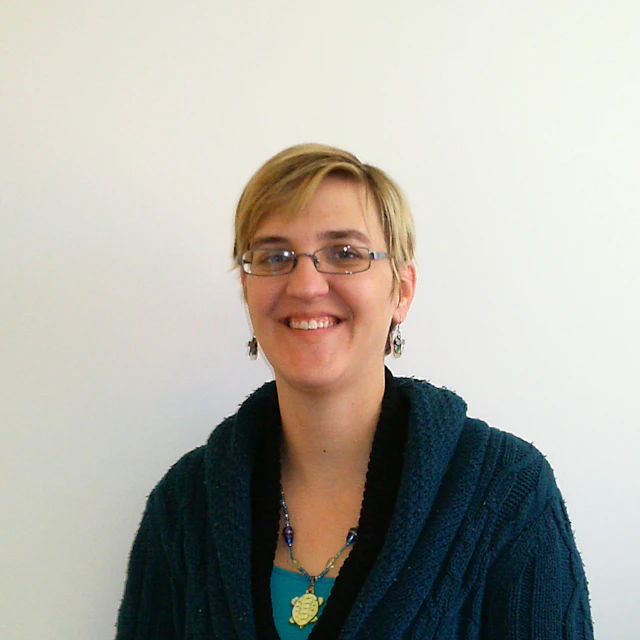Person-Specific Modeling of Suicidal Ideation in Sexual Minority Youth
2012 Pilot Research Grant
Amount Awarded: $30,000
Focus Area: Psychosocial Studies

Katerina O. Sinclair, Ph.D., M.A.S.
University of Arizona
Inside the Research
Bio: Dr. Sinclair received her doctorate and Master of Advanced Studies degrees from Pennsylvania State University in 2010. She is currently the Project Director and Statistical Consultant at the McClelland Institute for Children, Youth & Families and the Southwest Institute for Research on Women, both at the University of Arizona.
Research Categories: Sexual orientation and suicidal ideation in adolescents.
Abstract: While many factors have been identified that are associated with suicidal ideation and behavior, it is difficult to predict what factors are functioning to produce such behavior in a particular individual. The goal of Dr. Sinclair’s study is to develop a method to predict changes in the severity of suicidal ideation and depression in an individual over time. She is particularly focused on sexual-minority youth and the application of Joiner’s model of suicide. Her primary aim is to demonstrate that following individuals intensively over time will allow for the identification of factors that increase and decrease suicidal ideation and behavior. Using this novel approach, she hypothesizes that: (1) individual models will predict changes in suicidal ideation more effectively than population models; (2) factors that affect suicidal ideation will be specific to each youth and their impact will change over time; and (3) individual models will successfully identify protective factors and interventions that reduce suicidal ideation over time in each youth. In order to test this, three to five youth who report high levels of suicidal ideation will be recruited from a larger, multisite, longitudinal study of suicidal ideation in LGBT youth. Each participant will complete a 120-day daily assessment using a battery of instruments that assess suicidal ideation and depression, stressful experiences, coping skills, and treatment received. She will examine and compare the patterns identified for each youth to understand suicidal ideation and behavior.
Impact: To create an online interface that would create person-specific models in real time allowing clinicians to closely monitor clients in order to select appropriate interventions.
Research Categories: Sexual orientation and suicidal ideation in adolescents.
Abstract: While many factors have been identified that are associated with suicidal ideation and behavior, it is difficult to predict what factors are functioning to produce such behavior in a particular individual. The goal of Dr. Sinclair’s study is to develop a method to predict changes in the severity of suicidal ideation and depression in an individual over time. She is particularly focused on sexual-minority youth and the application of Joiner’s model of suicide. Her primary aim is to demonstrate that following individuals intensively over time will allow for the identification of factors that increase and decrease suicidal ideation and behavior. Using this novel approach, she hypothesizes that: (1) individual models will predict changes in suicidal ideation more effectively than population models; (2) factors that affect suicidal ideation will be specific to each youth and their impact will change over time; and (3) individual models will successfully identify protective factors and interventions that reduce suicidal ideation over time in each youth. In order to test this, three to five youth who report high levels of suicidal ideation will be recruited from a larger, multisite, longitudinal study of suicidal ideation in LGBT youth. Each participant will complete a 120-day daily assessment using a battery of instruments that assess suicidal ideation and depression, stressful experiences, coping skills, and treatment received. She will examine and compare the patterns identified for each youth to understand suicidal ideation and behavior.
Impact: To create an online interface that would create person-specific models in real time allowing clinicians to closely monitor clients in order to select appropriate interventions.